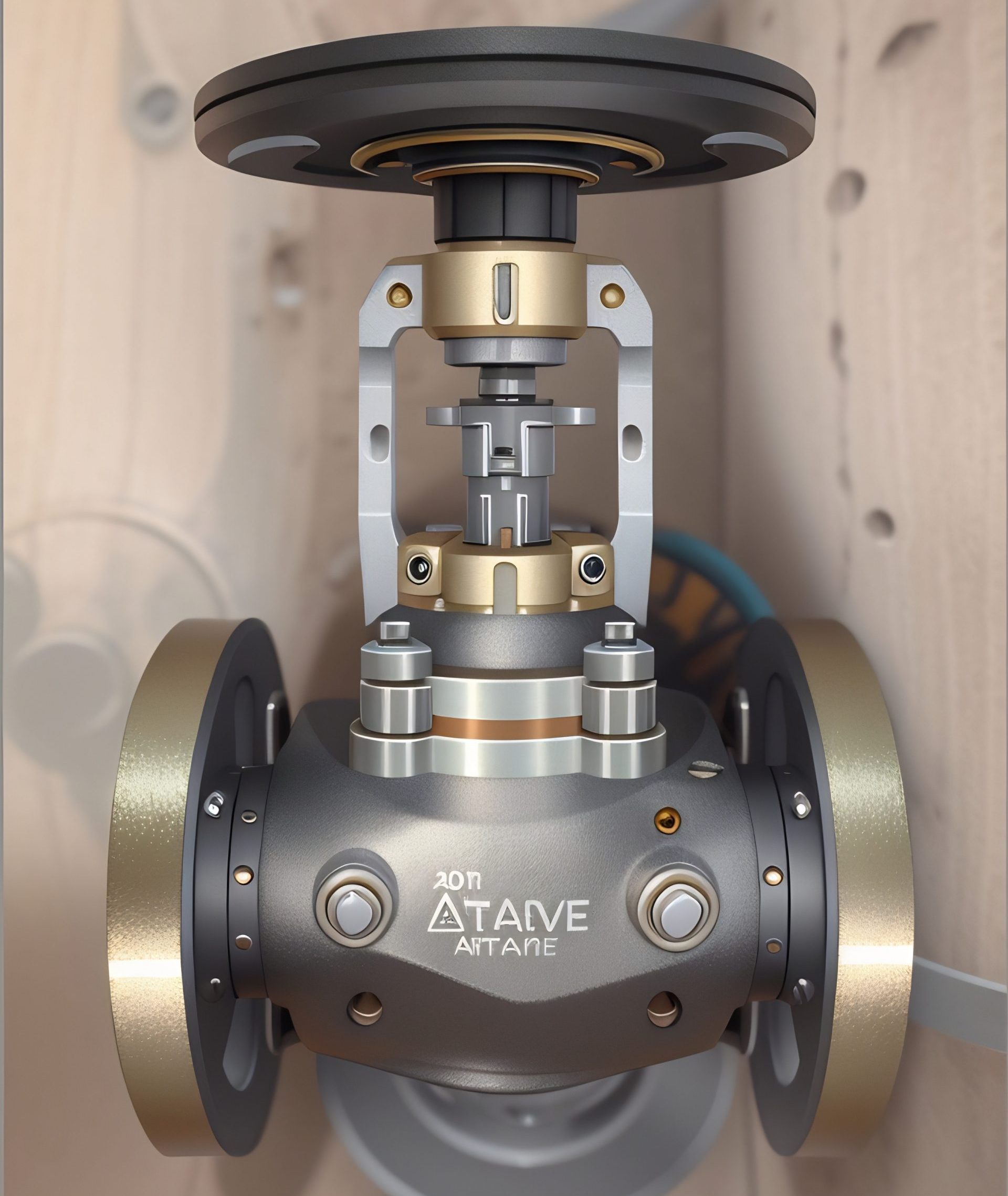In today’s era of pursuing sustainable development, waste management and resource recycling have become crucial global concerns. The recycling, refurbishing, and reusing of discarded valves is a proactive practice that advances environmental conservation and efficient resource utilization. This not only aids in reducing environmental impact but also generates sustainable benefits for businesses and society. This article explores the benefits of recycling, refurbishing, and reusing scrap valves, along with the significance of promoting this practice.
1. Reducing Resource Waste:
Recycling, refurbishing, and reusing scrap valves help to prolong their lifespan to the maximum extent, minimizing the need for new materials. This conserves raw materials and energy, lowering the waste generated from producing new products.
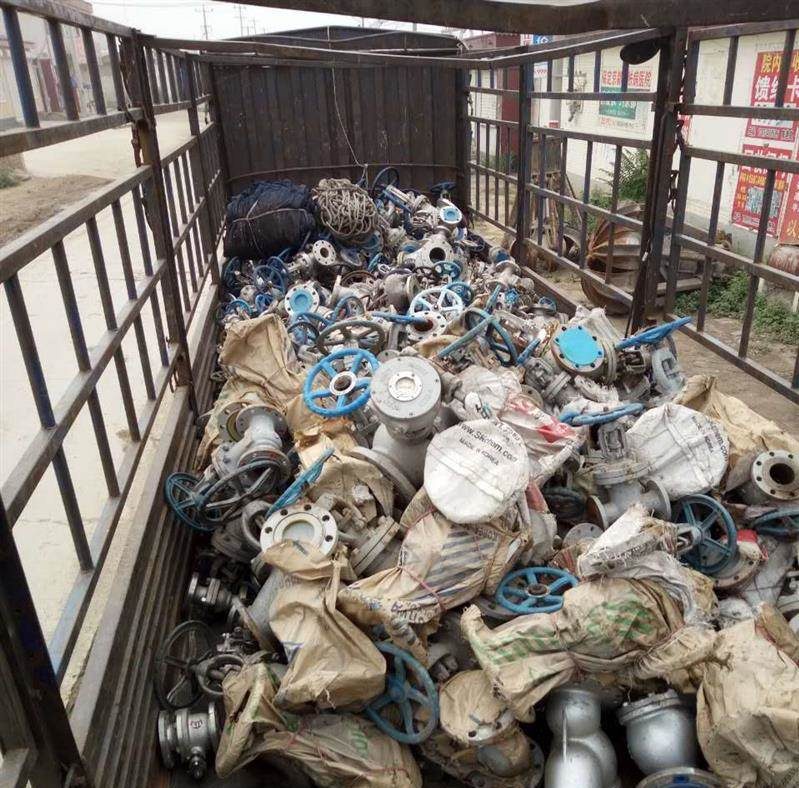
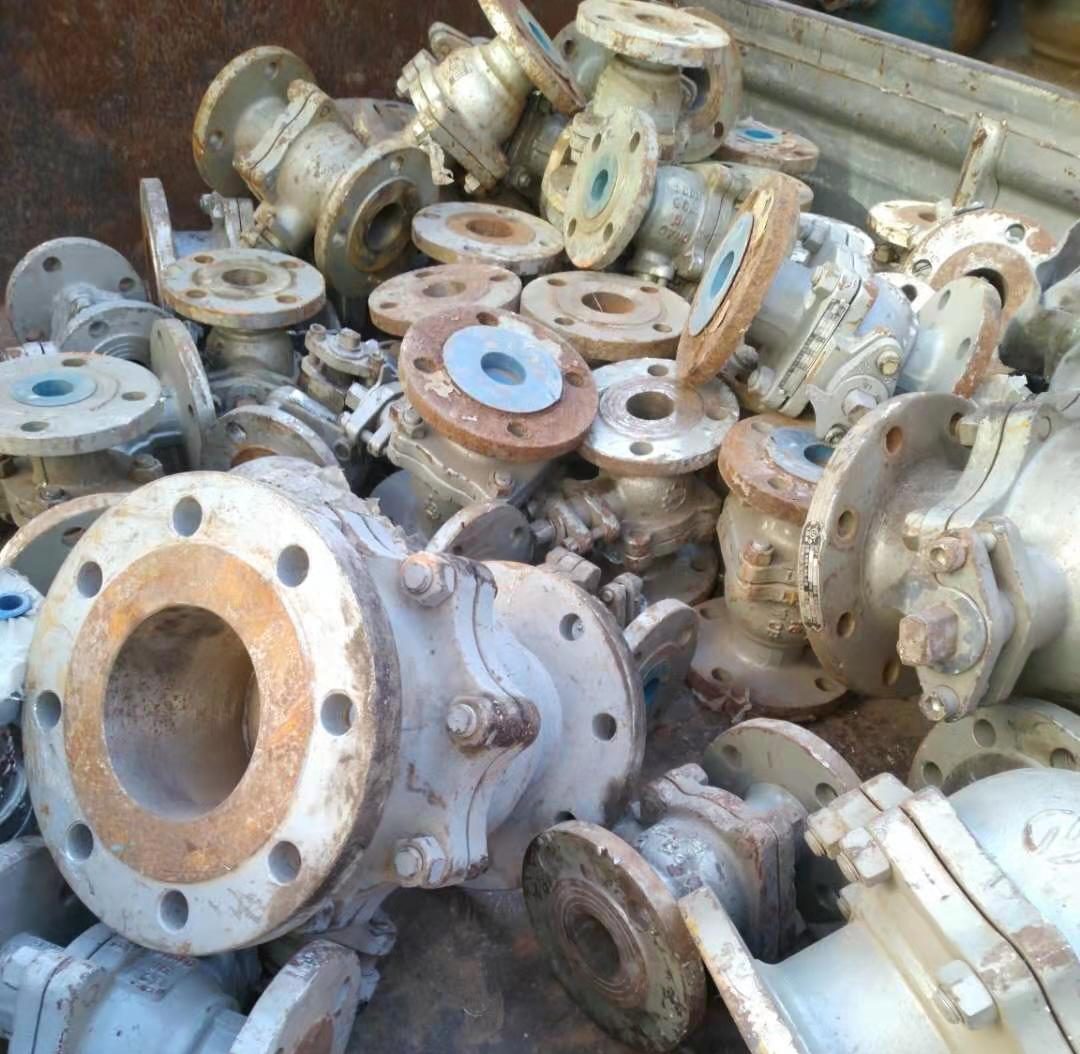
2. Energy Conservation and Pollution Reduction:
Manufacturing new valves demands significant energy consumption and can involve the emission of harmful gases and wastewater. Recycling and refurbishing old valves mitigate these environmental impacts, contributing to carbon footprint reduction and pollution control.
3. Cost Savings:
Refurbishing discarded valves is often more cost-effective than manufacturing entirely new ones. Businesses can reduce procurement costs through recycling and refurbishment while obtaining quality-assured products, resulting in economic benefits.
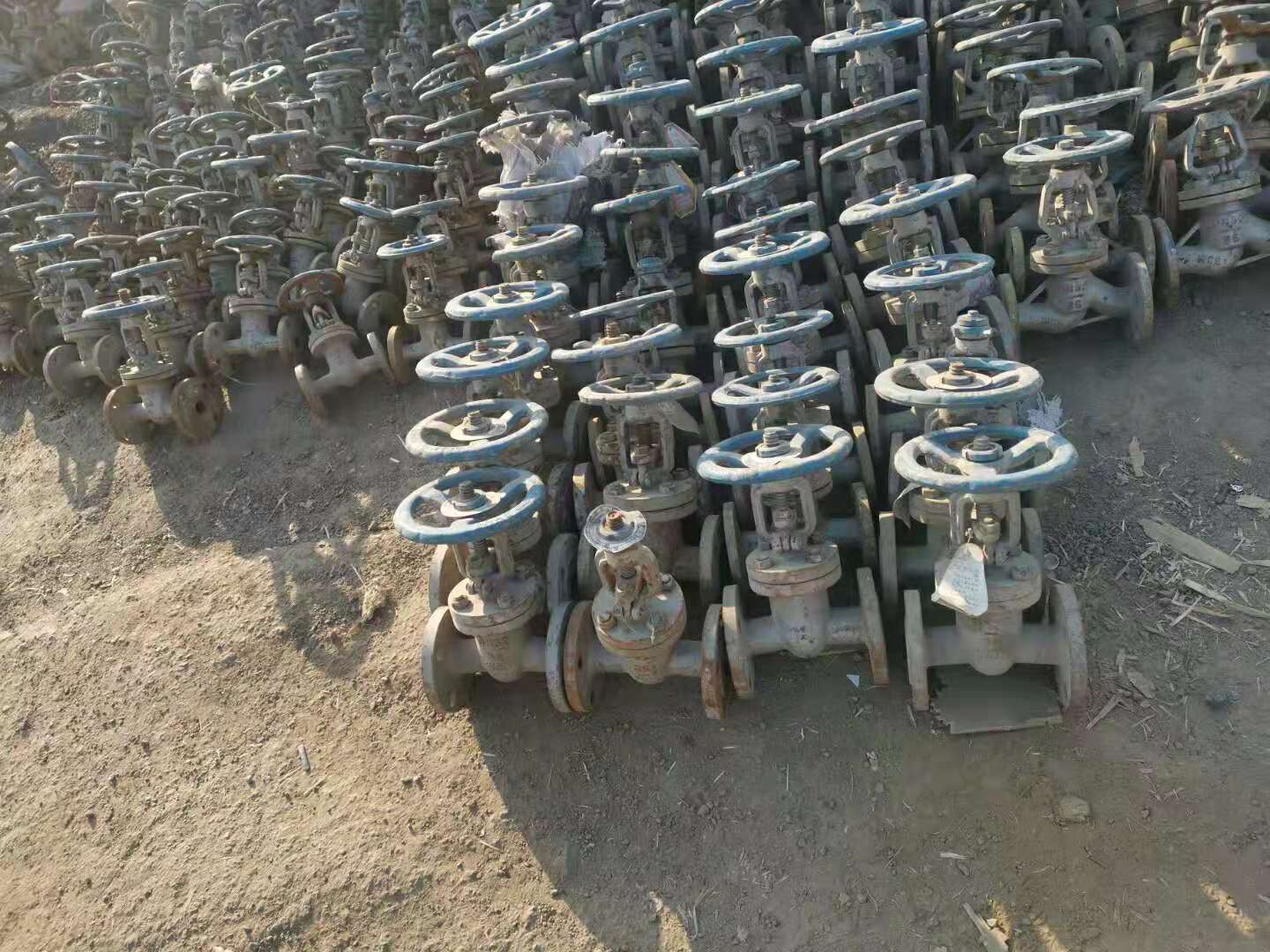
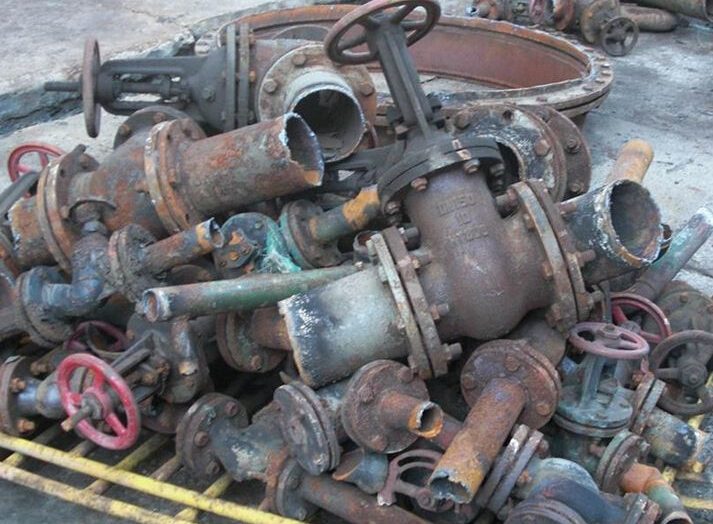
4. Job Opportunities:
The process of recycling and refurbishing scrap valves involves skilled technicians and professionals in related fields. This creates job opportunities in the labor market, fostering local economic growth.
5. Establishing a Sustainable Business Model:
The practice of recycling, refurbishing, and reusing scrap valves contributes to establishing a sustainable circular economy model. Businesses can transform waste into valuable resources, achieving a win-win situation for both commerce and the environment.
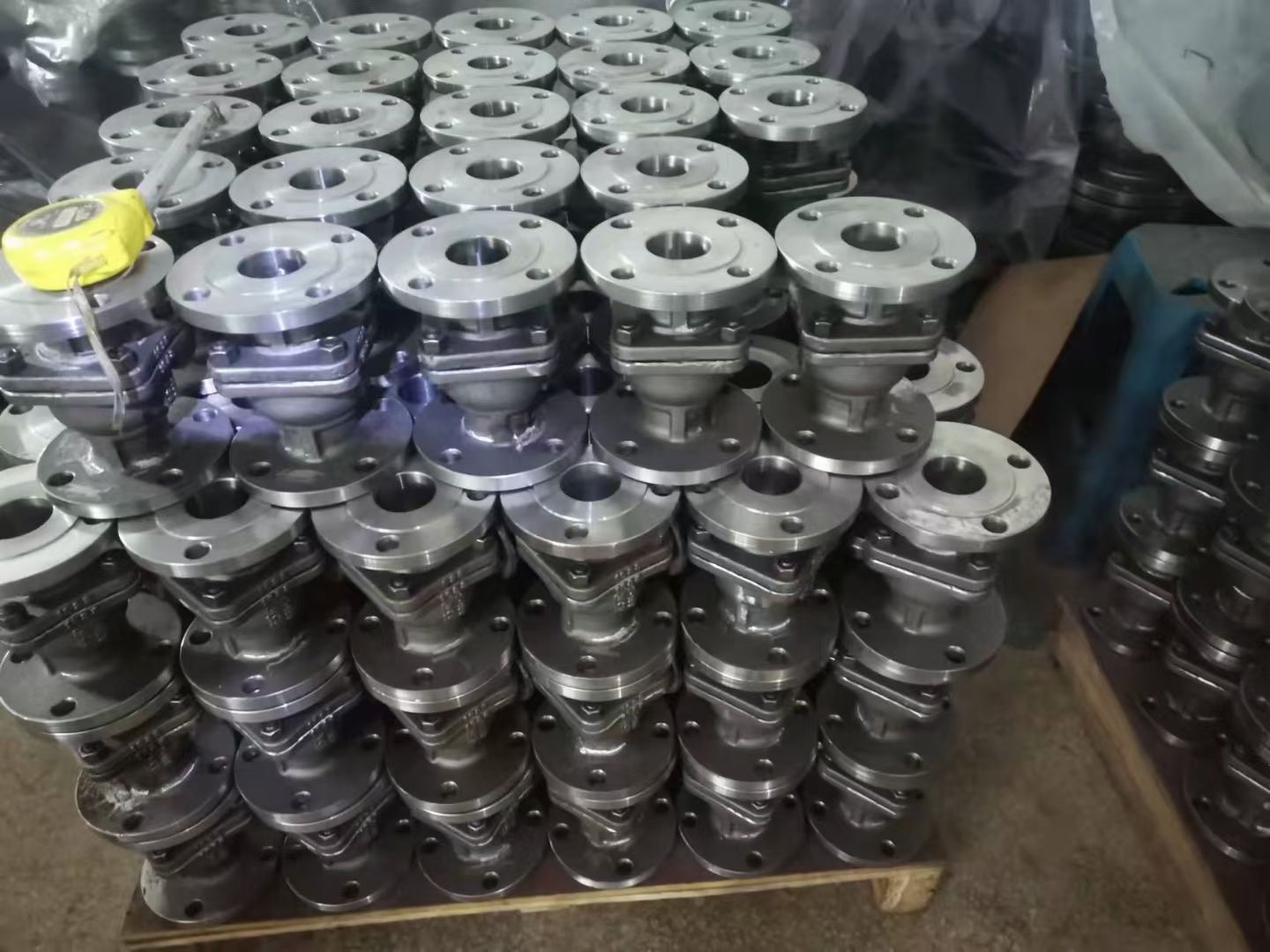
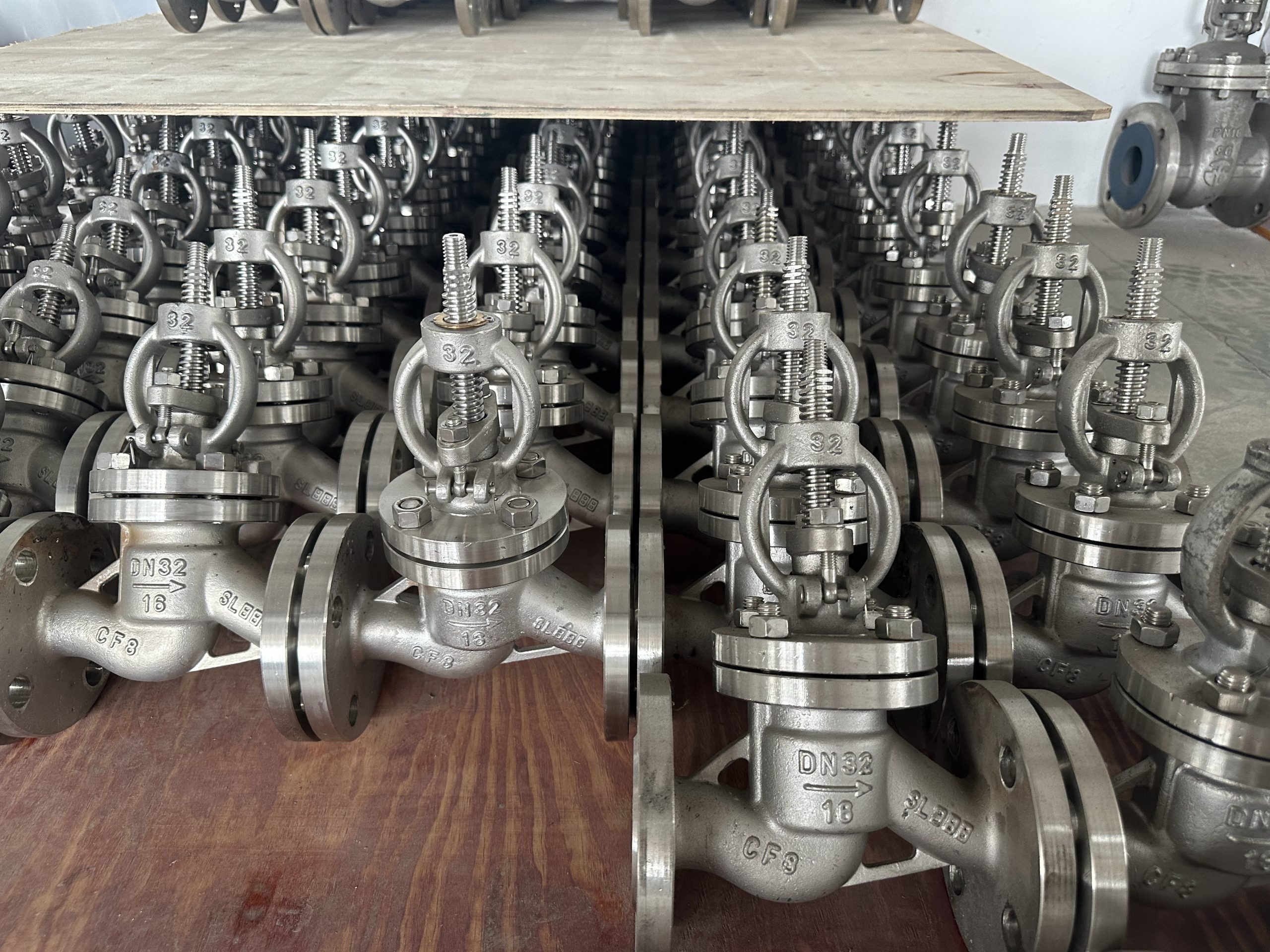
6. Enhancing Corporate Reputation:
Implementing environmentally friendly and sustainable practices helps businesses establish a positive social image. This will boost the reputation and trust of companies among consumers and partners.
7. Education and Advocacy:
Recycling, refurbishing, and reusing scrap valves can serve as an educational and advocacy platform for sustainable development. Sharing experiences and achievements can guide more enterprises and individuals to join the ranks of sustainability.
In conclusion, recycling, refurbishing, and reusing scrap valves represent a promising practice that drives environmental conservation, efficient resource utilization, and sustainable development objectives. Governments, businesses, and individuals should collectively work towards contributing to the development of this field, creating a greener and more sustainable future.

